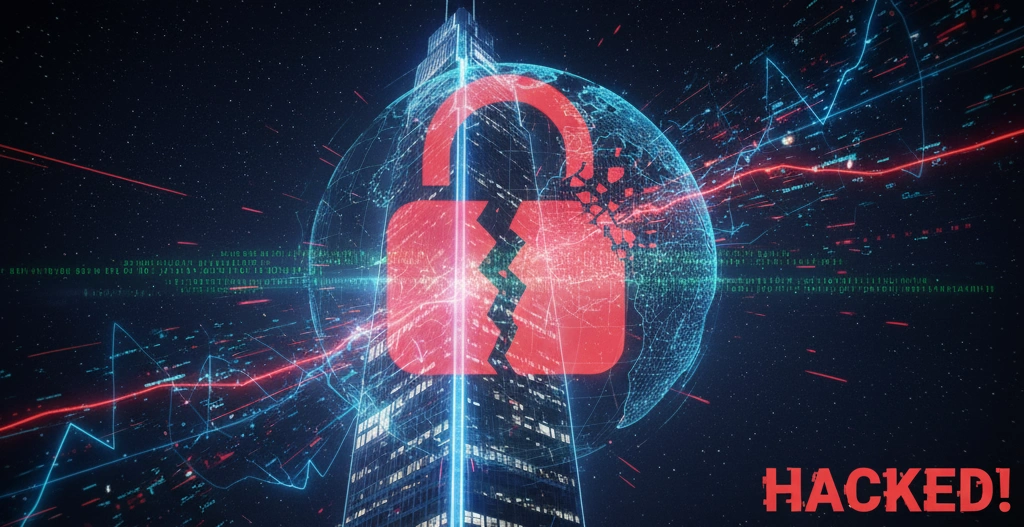GloNews10

GENEVA, Switzerland: The world of technology is reeling today after a catastrophic cyberattack targeted the “FutureTech 2025” global summit in Geneva. Held at the United Nations headquarters, the event brought together top government officials, corporate leaders, and tech pioneers to discuss the future of AI and cybersecurity.
Hackers, in what is being described as a “masterclass in digital espionage,” breached the summit’s heavily fortified network, exposing sensitive data belonging to millions of individuals and a number of Fortune 500 companies. The breach has sent shockwaves through the global community, raising serious questions about the security of even the most secure digital environments.
Initial investigations by cybersecurity firm CypherShield suggest the attack was not a simple phishing scheme. Instead, the attackers used a previously unknown vulnerability, or “zero-day exploit,” in the event’s registration and networking software. The hackers were able to move undetected through the network for over 48 hours, exfiltrating vast quantities of confidential data.
“This was not an amateur operation,” said Maria Rodriguez, a lead analyst at CypherShield. “The precision and sophistication of this attack point to a state-sponsored group or a highly funded, organized crime syndicate. They knew exactly what they were after.”
The fallout is expected to be immense. Several global corporations, including InnovateCorp and Quantum Systems, have confirmed that their proprietary research and development data were stolen. Government agencies from the U.S., UK, and Japan, whose representatives were in attendance, are also assessing the damage to their classified networks.
In a joint statement, the governments involved have condemned the attack and vowed to launch a coordinated international investigation. Interpol has been brought in to lead the manhunt for the perpetrators, whom experts believe may be operating from an undisclosed location in Eastern Europe.
This attack serves as a stark reminder of the escalating risks in our interconnected world. Experts say the incident could mark a new era where critical global infrastructure and high-profile events become prime targets.
“We need a complete rethink of our cybersecurity strategies,” said Dr. Ben Carter, a cybersecurity professor at MIT. “The old models are no longer sufficient. This is a clear call to action for governments and corporations to invest in next-generation defenses and international collaboration.”
Initial investigations reveal that the hackers exploited a ‘zero-day‘ vulnerability in the event’s registration network. For more details on what a zero-day exploit is, you can read this resource from a leading cybersecurity firm.
Related Stories: